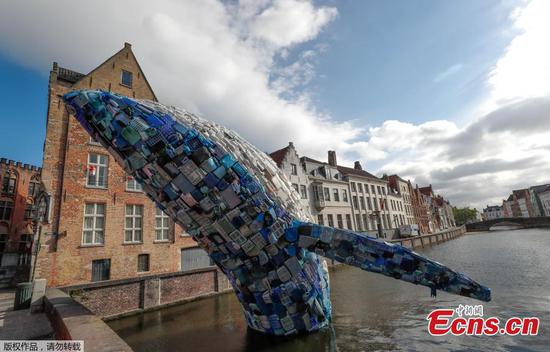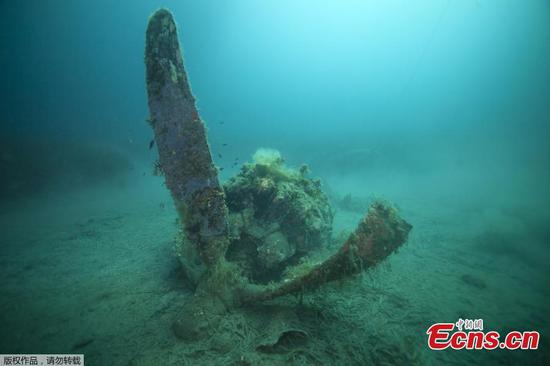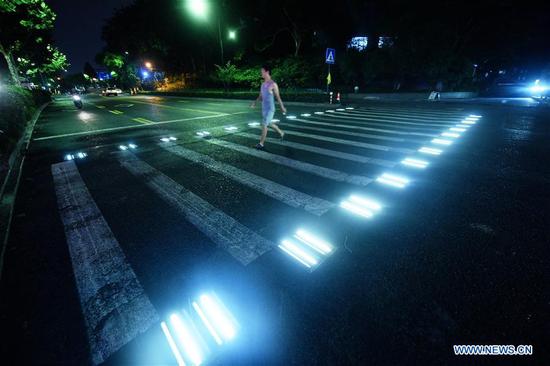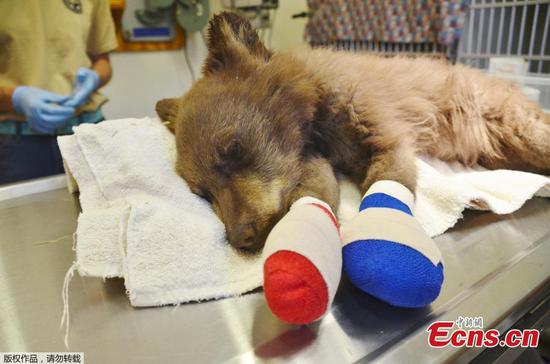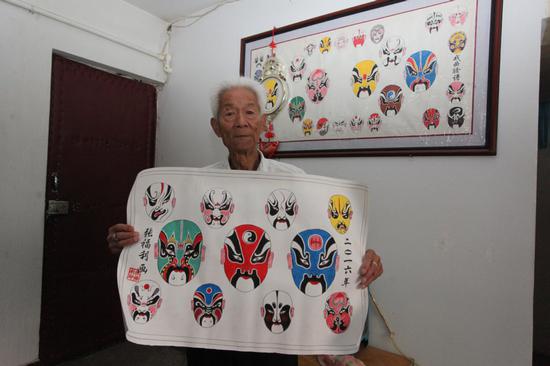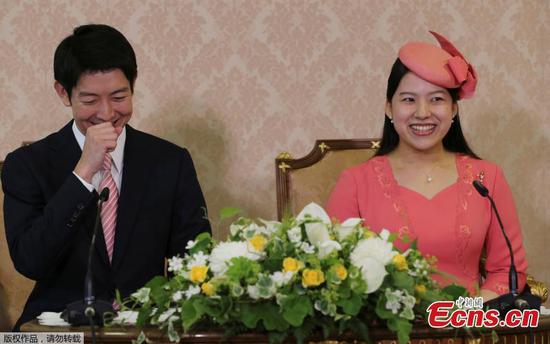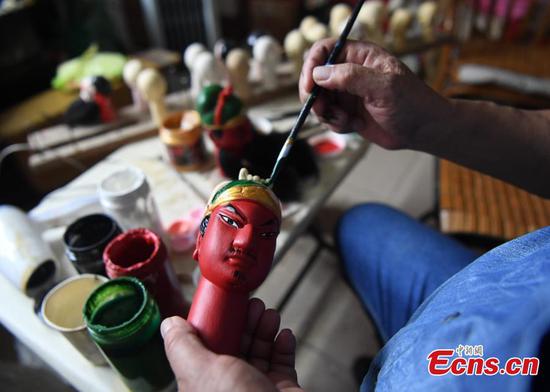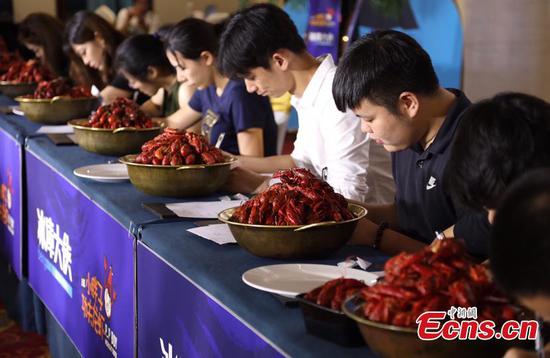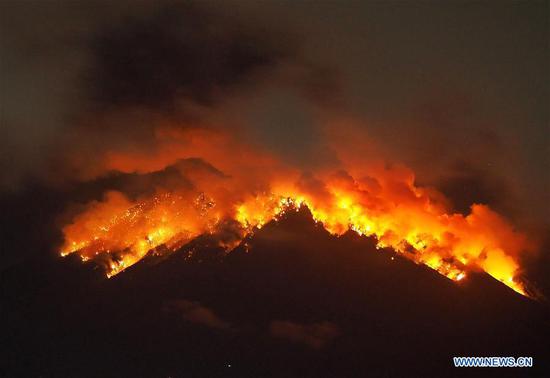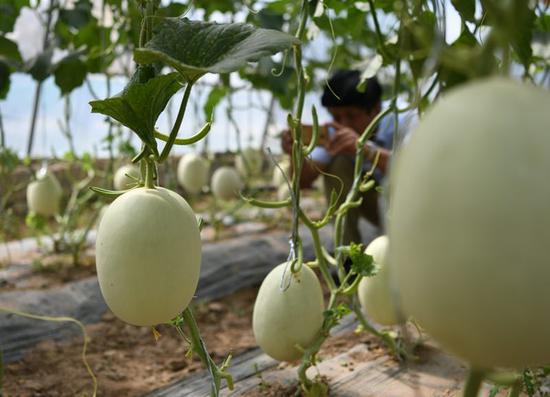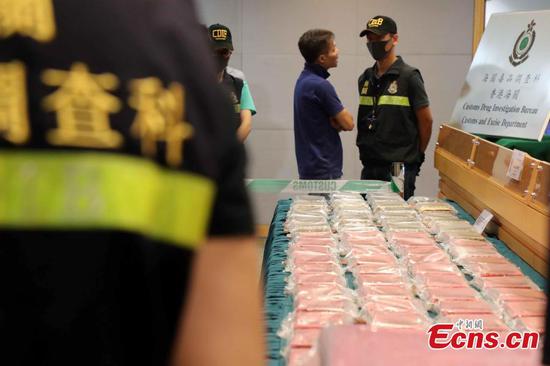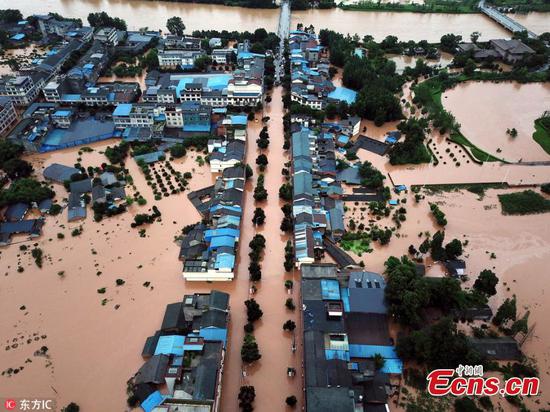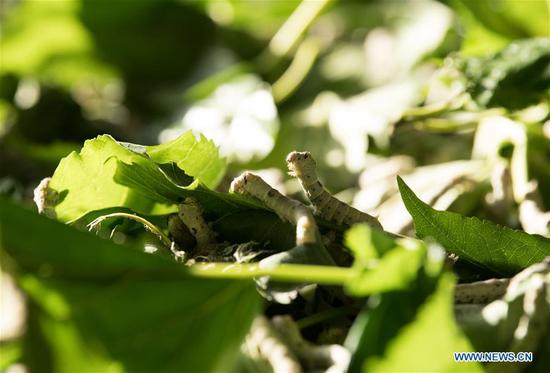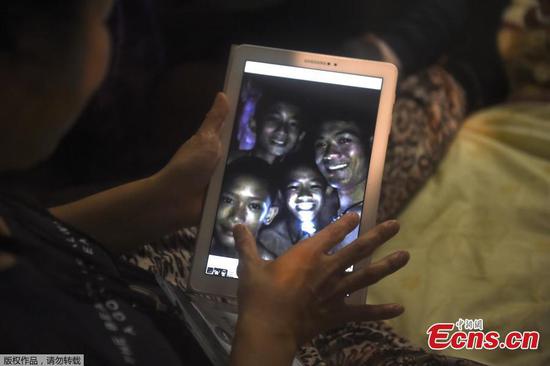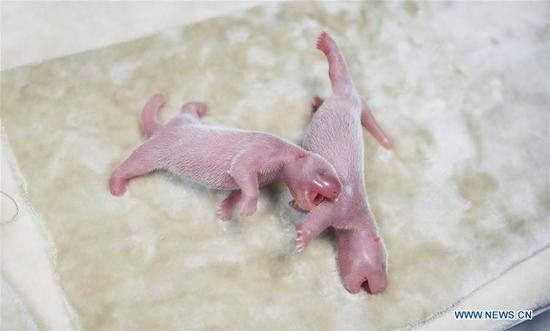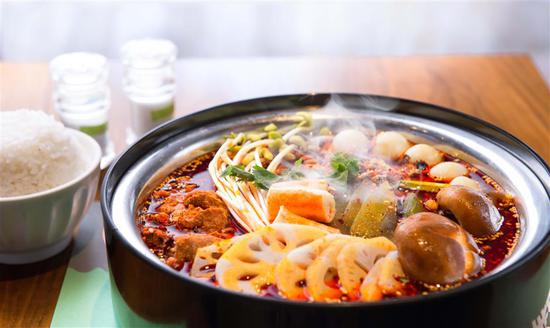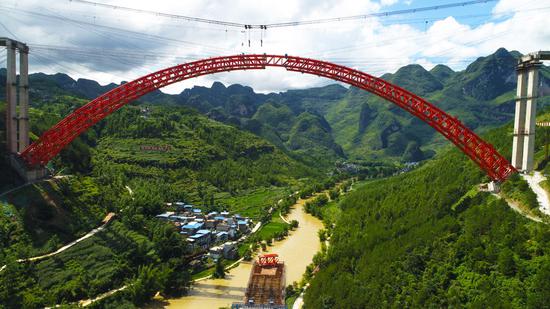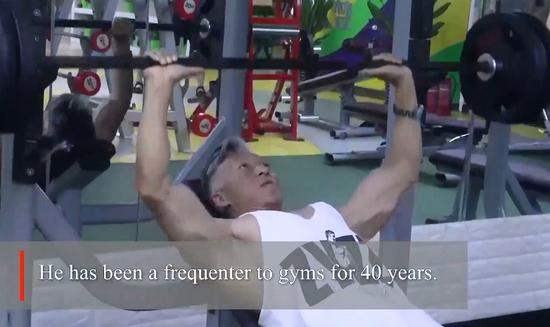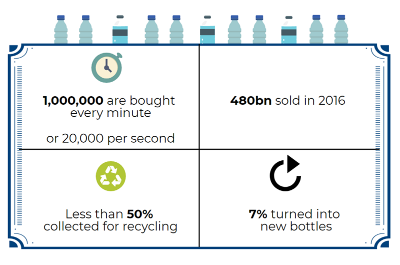
Waste of resources
Sun Wei, an amateur researcher on plastic pollution, supports a complete ban of single-use plastics because every time he sees someone using a plastic bag, he is worried by the "waste of the precious resource of oil".
According to Sun's analysis, China consumes 15 million tons of single-use plastic products every year, and it takes 150 million tons of oil to produce them. Moreover, according to the National Statistics Bureau, the country consumed 540 million tons of oil in 2015, about 335 million tons of which were imported.
He suggested a tax on plastic products, from bottles made from polyethylene terephthalate, known as PET, and shopping bags to plastic wrappings and packaging, and said subsidies should be granted to producers of multiple-use alternatives such as glass bottles and cloth bags.
In a suggestion submitted to the NDRC, Sun called for the cautious use of biodegradable plastic bags, because "they can only degrade in a compostable environment and most end up in landfills where they cannot biodegrade".
Mao backed Sun's suggestion of a zero-waste lifestyle, believing that the crux of the white pollution problem lies in the "single-use consumption culture", which is bolstered by the convenience and cheapness of plastic products.
"Turning to other types of materials to replace plastics will not solve the problem," he said.
According to findings published in the journal Science Advances in July last year, in the past 50 years only 9 percent of the plastic waste generated has been recycled, with 12 percent incinerated and the other 79 percent buried in landfills or dumped illegally.
Mao would like to see more action being taken. "We should ban the unreasonable use of plastic products in online shopping and food delivery services, and find substitutes for plastics," he said.
"There are many kinds of plastic products. Some are relatively easy to recycle, such as polypropylene and polyethylene, and some are more difficult, such as polystyrene and polyvinyl chloride (PVC), so we should use them less."
Recycling system reform
Mao called for reform of the waste recycling system to encourage the recycling and recovery of plastic products.
"In the past, we had a vast waste recycling network formed by self-employed people, but in recent years, they have been driven away from large cities such as Beijing by the falling price of recycled materials and by policies that put workers in the lower-end industries at a disadvantage," he said, referring to the armies of "scavengers" that once scoured street bins to collect plastic waste to sell to recycling plants.
According to Chen Liwen, who spent years researching the lives of scavengers in Beijing, about 30 percent of the waste produced in the capital is recyclable.
Recyclable waste was collected and sorted by scavengers in residential communities before being transported to recycling markets - most of them family-run - in the suburbs, where it was further sorted, she said.
The system evolved in the late 1980s during China's transition to a market economy when waste disposal ceased to be the exclusive duty of local governments and became a private concern.
Most of the sorted waste in Beijing was sold to workshops in nearby provinces such as Hebei and Shandong for disposal, Chen said, adding that at the peak of private waste recycling in the capital in 2014, the informal sector provided work for nearly 300,000 people.
In the years that followed, however, nearly half of the scavengers left the city and many suburban waste sorting and trading plants closed because of the falling price of materials and a squeeze on labor-intensive industries.
The workshops outside Beijing have also suffered. In recent years, efforts to curb air pollution in North China have led to the closure of many small waste recycling businesses in Hebei that did not meet discharge standards.
As a result, recyclable waste is piling up in landfills.
Gov't moves to tackle 'white' pollution
With the private recycling sector feeling the chill, fewer people are willing to sort waste, resulting in a lower rate of recycling, according to Chen.
"In the past, people would sort plastic bottles, papers and other recyclables at home and sell them to collectors, but now many people just throw them directly into the trash can," she said.
She added that to raise the recycling rate of usable waste, policies will have to be implemented to support sorting facilities and recycling plants via favorable approaches to taxation and land use.
Chen also called for the integration of the sanitation and resources recycling networks.
Under China's management system, waste disposal is carried out by local authorities and overseen by the Ministry of Housing and Urban-Rural Development, while recycling is also dealt with locally but overseen by the Ministry of Commerce.
However, the separation of duties increases the chances of waste ending up in landfills and incineration plants, rather than being recycled and reused, she said.
Upgraded policy
Speaking in November, He Lifeng, head of the NDRC, said the commission would widen the scope of the plastic ban and work with other departments to formulate plans to curb the use of nonbiodegradable plastic wrapping in ecommerce, express delivery and online food ordering services. The commission also pledged to strengthen enforcement. In January, the NDRC started the process of creating a national plastic pollution control policy.
The legislation will be based on three main principles: limiting or banning some types of plastic products; substituting more sustainable materials for some plastic products; and regulating the recycling and disposal of plastic waste.
Qu Ruijing, an expert at the China Association of Circular Economy, said the principles are aimed at increasing the use of recyclable and biomass-based biodegradable products, and wider adoption of other recyclable materials, which would finally begin to address the problem of white pollution in China.











